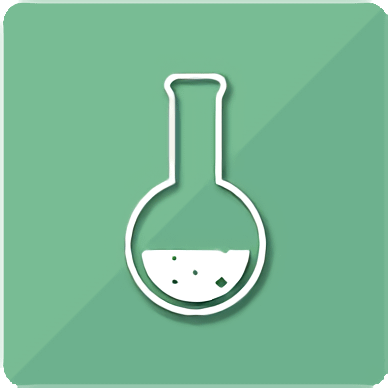Chemistry [Competency Based] (2nd semester)
$250.00Course Description
This course shows the importance of science and challenges students to apply their studies in previous sciences to new theories, models, and problems. The course begins with a discussion of the history and importance of chemical principles; moves through the various models of the atom and chemical reactions; explores relationships among liquids, gases, and solids; and investigates the role of energy in these relationships. The course ends with a unit on organic chemistry, a branch of science that focuses on the molecules that are important to living things. Lab activities throughout the course reinforce the material and provide an opportunity for students to apply their knowledge through hands-on experiments and activities.
Course Breakdown
Percentage yield in reactions
Oxidation-reduction reactions
Gases and gas laws
Thermochemical reactions
Enthalpy
Solutions and mixtures
Colligative properties
Measures of concentration
Precipitation Acid-base chemistry
Titration
Rates of reaction
Catalysts
Law of thermodynamics
Le Châtelier's principle
Organic chemistry
Nuclear chemistry
Course Goals
Relate electron transfers to the changes in oxidation-reduction reactions.
Use the motion of particles to explain the properties and behavior of ideal gases.
Describe the nature of heat changes in physical and chemical changes.
Relate the nature of water to its function as a solvent in solutions. Compare and contrast acids and bases and describe how they react with one another.
Apply the factors that affect the rates of reactions by calculating the rate law.
Apply the laws of thermodynamics in chemical reactions and in equilibrium conditions.
Describe the nature of carbon and the compounds formed from carbon.
Explain the characteristics of nuclear reactions and the dangers associated with them.






